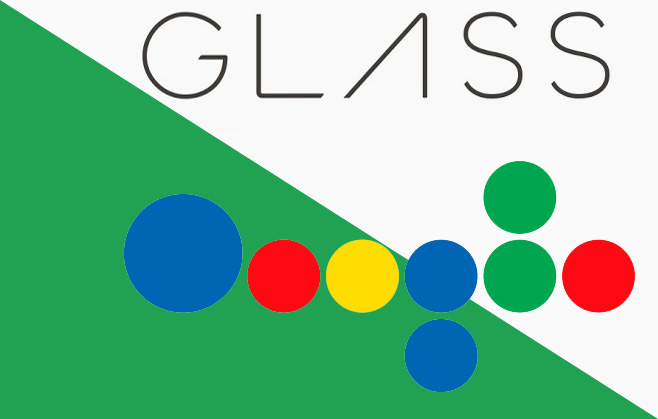
Heads up! What will Google Glass mean for marketers?
The Practice team agree that Google Glass will arguably be the most futuristic product to hit the market. It will revolutionize the way we view technology, and redefine the term “second-screen”. So how will marketers have to adapt to a brand new interface?
Up until now, we know that Google Glass is the closest we’ve come to augmented reality. The new device will have a processor, memory, and retina display to allow the user to experience synergy between the real and virtual worlds. Complete with a voice-activated camera, video microphone, speaker and even a compass, it will transform the way we share, view and receive data.
Voice-recognition is set to be a crucial feature of Google Glass, with sole reliance on Siri for search purposes, and speech necessary for composing short emails or status updates. Without the need for text, focus will be on the visual so it’s likely that marketers will have to centre their efforts on images and video- that’s where we predict even more of a boom for YouTube, Instagram and Pinterest. And with this in mind, consumers are going to want to see adverts that are captivating and high quality, particularly as we’ll have no choice but to see these up close. Secondly, we’ll be able to interact with data in real time, so content marketers need to be quick to provide up-to-the-moment information that can help users make on the spot decisions, from product purchases to cinema times, for example.
And how will social media have to adapt? As of yet, we know that Google is ensuring there is seamless integration between Google Glass and Google +, so we imagine they’re going to be the big gainers. However, Facebook’s news feed revamp is set to place focus on imagery, whilst Twitter has expanded its outreach after announcing the launch of its music discovery service; it’s evident that social media is becoming much more about sensory stimulation- something that Google Glass users will surely benefit from. It may be too far-fetched a prediction, but as integration between Google + and Google Glass offers the most direct route for users to share content with their Google + friends, might Google + eclipse Facebook as the most dominant social media platform?
One other question remains uncertain: is Google Glass just another fad? Will it fail to take off? Aside from the steep $1500 price tag, we fear it lacks mass consumer appeal- after all, does anyone really want to be seen seemingly talking to themselves whilst wearing an obtrusive piece of headgear? The online results tell a different story though, with almost 13 billion impressions and over 1.3 million mentions on Twitter over the last year alone, with 50% of these during the previous month. The hype is no doubt strong, but will marketers still be prepared to devote time to radical new strategies based on the uncertainty of Google Glass’s future popularity?
Are you eagerly anticipating the launch of Google Glass? And do you think it could ever replace mobile as the dominant “second screen”? Your thoughts are always welcome, so please tweet to us @PracticeDigital, and comment via our Facebook page.




